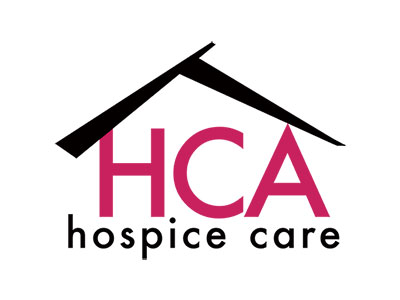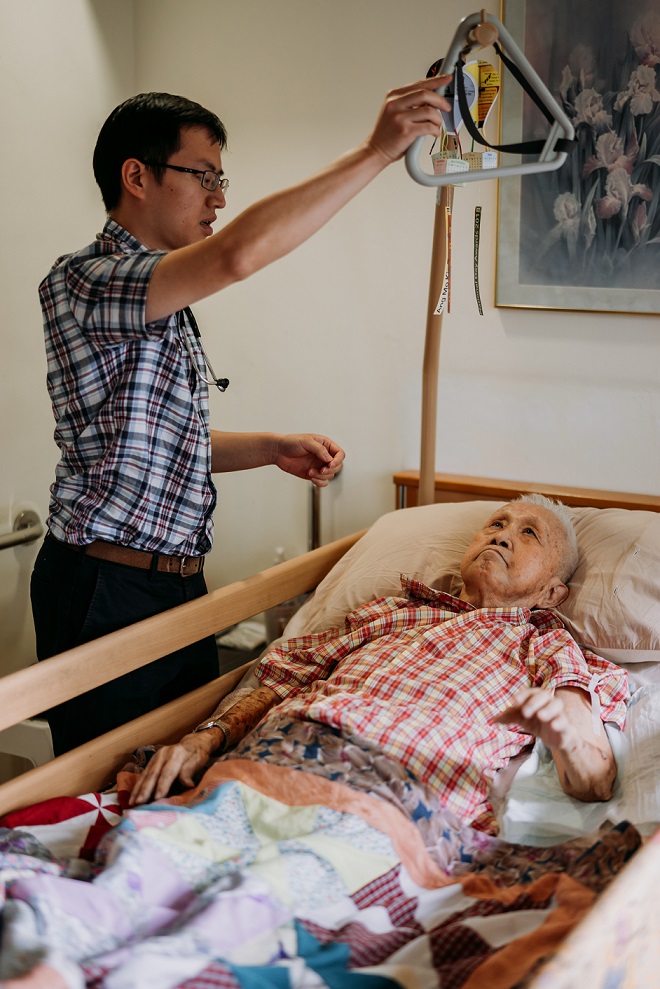Menu
Menu


The month of October is significant to the hospice and palliative care sector. The World Hospice and Palliative Care Day falls on the second Saturday of October – it is a unified day of action to celebrate and support hospice and palliative care worldwide. It raises awareness of the universal need for palliative care, in enabling dignity and comfort in the last days.
Quality hospice and palliative care encompasses all aspects of a person’s well-being – it does not just focus on relief of pain and distressing symptoms. It emphasises holistic care that not only looks at a patient’s physical symptoms but also looks at the psychological and spiritual aspects.
It takes a village to care for patients with life-limiting illnesses, helping them derive as much comfort and meaning in the remaining days. In HCA, the multi-disciplinary team – consisting of nurses, doctors, medical social workers, art therapists and counsellors – often works together to not only enhance the patients’ quality of life, but to also support their loved ones.
HCA’s setting is slightly unique, because our core service is home hospice care. This means our patients and families choose to spend the last journey at home instead of in an institution. As such, our multi-disciplinary team goes to the patients’ homes to support them during their last stage of life.
Due to the nature of the home hospice setting, the patient’s main caregivers and loved ones play an active role in caring for our patients. At times, they may go to work in the day and become full-time caregivers in the evening.
One of our patients, Mr Nur* was told that he had exhausted all active treatment options for his cancer, after being in and out of hospital for months. After hearing this news, Mr Nur, with the support of his family, decided to spend the last lap of his life at home.
Mr Nur shared with me how being at home gave him a sense of peace – he felt that he no longer needed to go in and out of hospital and he could spend quality time with his family. Furthermore, the experience of being cared for by his family at home helped him to reconnect with them in a more positive and enriching way than he had ever experienced before.
His daughter and caregiver, Mdm Siti*, also shared that the experience of caring for her father had enabled her to relate more deeply to him. The journey was undoubtedly tiring, as Mdm Siti often had to care for her father through the night and still wake up early for work the next day, but she noted that it was a worthwhile experience – one that she has never regretted doing.
Palliative care is not just for patients – it is also for their loved ones who journey tirelessly with them, particularly so in the home-care setting, in which they shoulder much of the caregiving load.
So in all of this, let us not just recognise our staff and patients, let us also remember our patients’ caregivers and families, who are the real unsung heroes.
*not their real names